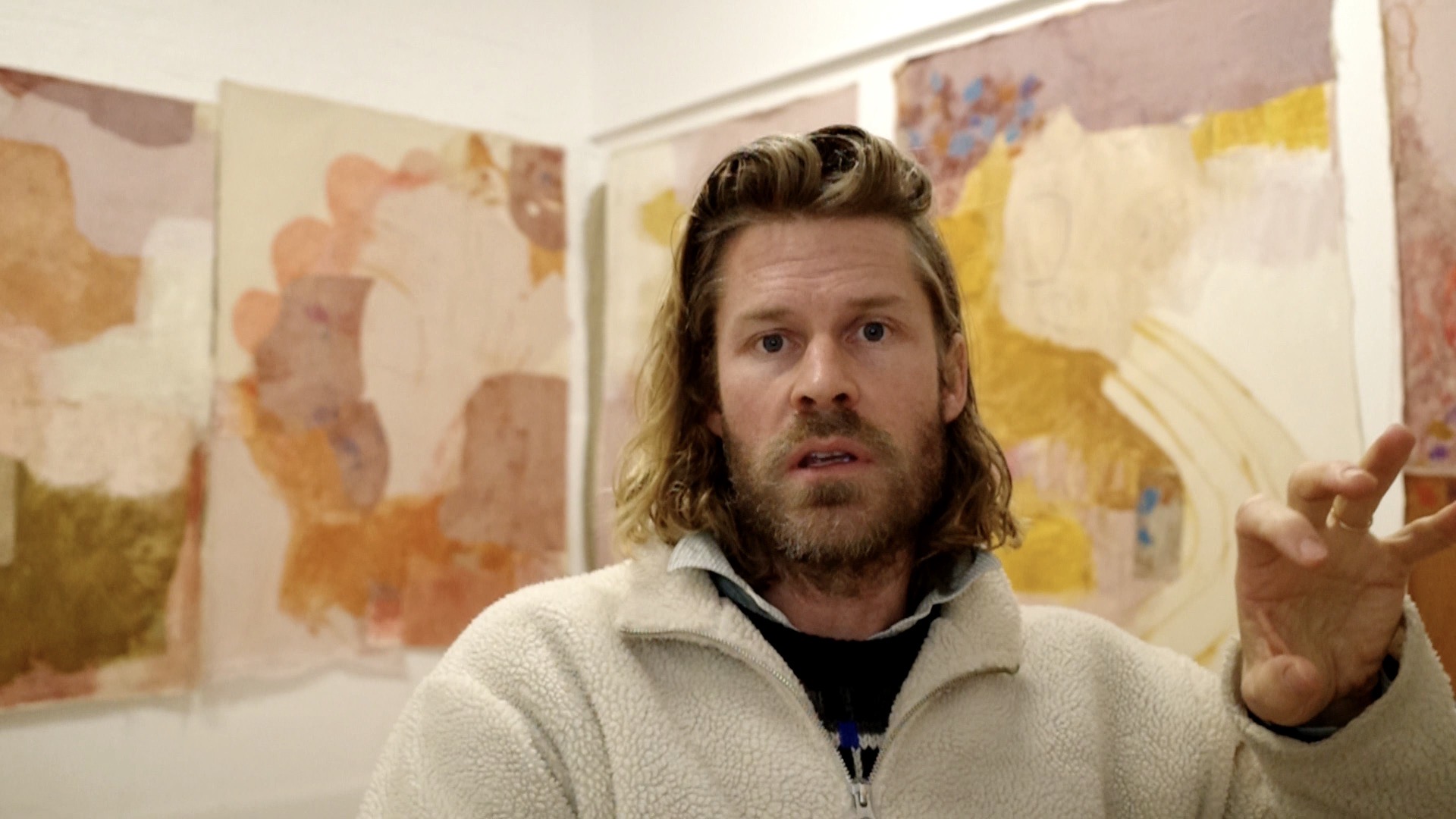
My Expertise
I am a Chancellor's Research Fellow at The University of Technology Sydney. My research addresses the politics of Indigenous-Settler relations to lands and waters, and the resulting value conflicts over mineral extraction and waste. An empirical focus on the civilian and militaristic applications of nuclear technology has led me to convene HASS-STEMM collaborations and employ methods and theories drawn from otherwise distinct interdisciplinary fields, including Indigenous Studies, Environmental Philosophy, Science and Technology Studies, International Political Theory, and Critical Heritage Studies. My current project, co-designed in partnership with the First Nations-led Australian Nuclear Free Alliance, aims to evaluate and transform Australian nuclear stewardship of radioactive wastes consistent with the United Nations Declaration on the Rights of Indigenous Peoples, which demands “free, prior and informed consent”. This project builds on two decades experience conducting impact-led research and relationships formed in the early-2010s with Aboriginal atomic survivor communities subjected to British nuclear testing at Maralinga.
Prior to joining UTS, I held several externally competitive fellowships, namely the Alfred Deakin Postdoctoral Research Fellowship at Deakin University, the Killam Memorial Postdoctoral Research Fellowship at The University of British Columbia, the John Denis Fryer Memorial Library for Australian Literature Fellowship at The University of Queensland, and the Australian Academy of the Humanities Travelling Fellowship. I have held honorary and visiting appointments in Australia and internationally, including at Bard College, Sciences Po, Linköping University, Roskilde University, and The New School, where I was an Australia Awards Endeavour Research Fellow. Since the late-2000s I have also coordinated and taught twenty subjects across eight universities at foundation, undergraduate, and postgraduate levels, most notably as the O'Donnell Visiting Educator at Whitman College in the United States.